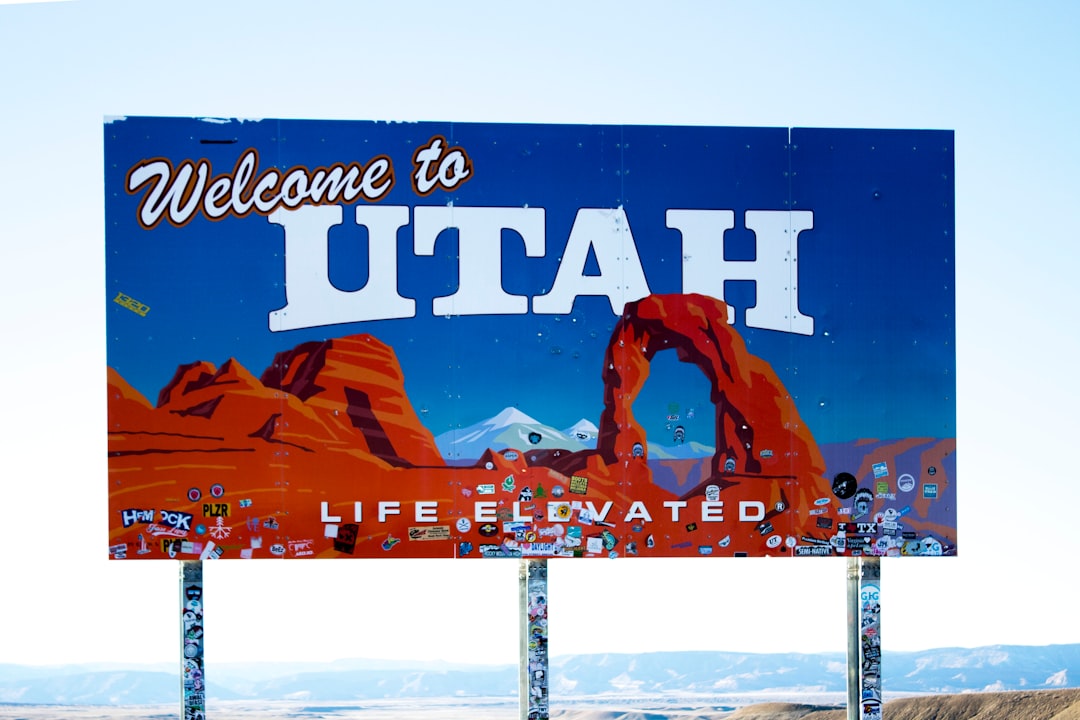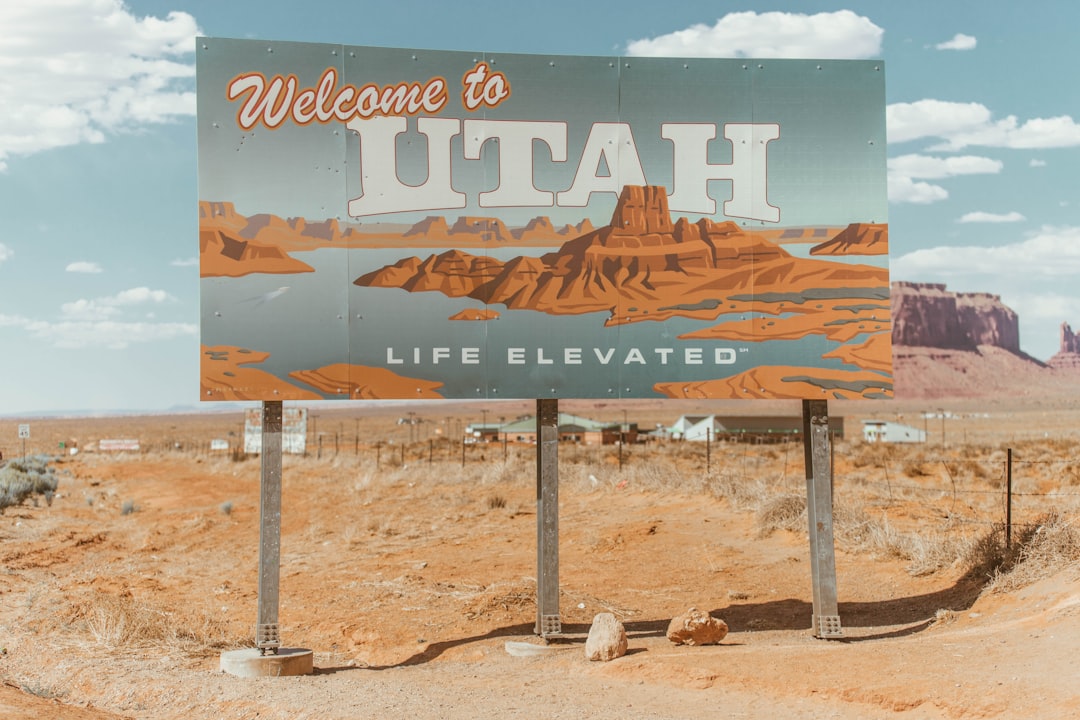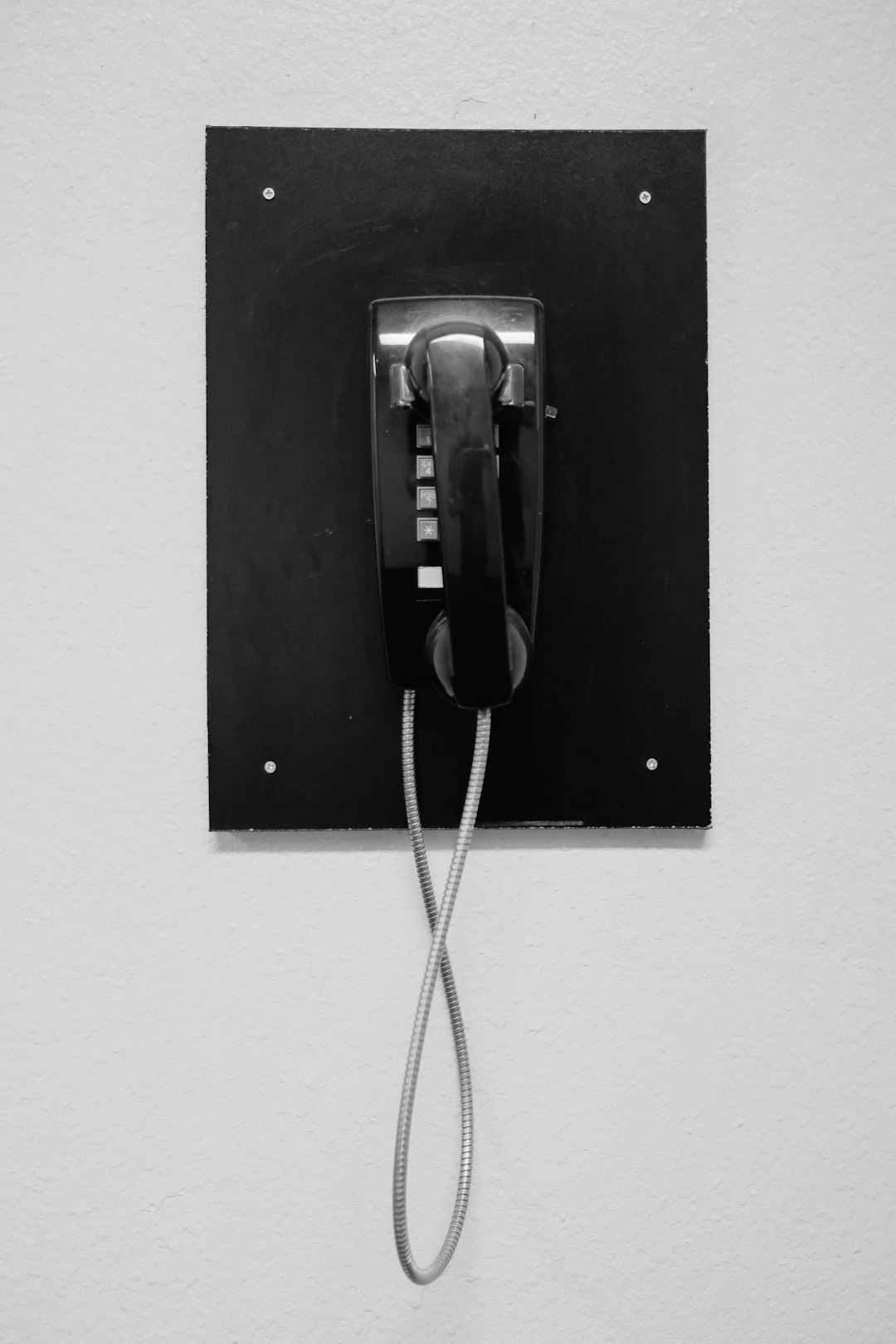In St. George, Utah, "no-call" laws protect residents from unwanted telemarketing calls by enabling consumers to register their numbers on state lists and blocking known telemarketer calls. Enforced by the Utah Department of Commerce, these regulations are upheld by no call law firms that assist with opt-out registration and ensure business compliance. The evolving nature of no-call laws requires firms to stay informed, adapt technology, refine marketing practices, and prioritize consumer transparency for continued success amidst changing expectations.
In the ever-evolving legal landscape of Utah, no-call laws have emerged as a protective measure against aggressive sales tactics. This article explores the intricate journey of these regulations, specifically focusing on St. George’s unique context. From the initial implementation to the current state, we uncover the impact on local businesses and consumers alike. Furthermore, we delve into future implications, offering insights for no-call law firms in Utah to navigate this dynamic environment, ensuring compliance and client protection remain paramount.
Understanding No Call Laws: A Brief Overview

No Call laws, also known as do-not-call lists, are regulations designed to protect consumers from unsolicited phone calls, particularly from telemarketers. In St. George, Utah, like many other places, these laws have evolved over time in response to changing communication technologies and consumer preferences. The primary purpose is to give residents control over their phone lines, ensuring they aren’t bombarded with unwanted sales pitches or scam attempts.
Utah’s no call law firms play a crucial role in assisting consumers by registering their numbers on state-recognized do-not-call lists. These firms help enforce the law by screening and blocking calls from known telemarketers, providing a layer of protection for St. George residents. Understanding these laws is essential for businesses too, as violations can result in penalties, fines, and damage to reputations.
The Current Landscape of No Call Regulations in Utah

In the state of Utah, including St. George, the “no call” regulations have evolved significantly to protect residents from unwanted telemarketing calls and sales pitches. These laws, primarily enforced by the Utah Department of Commerce, give consumers the right to restrict phone marketing efforts. No call law firms in Utah play a crucial role in helping residents register for these protections and ensuring compliance for businesses operating within the state.
Utah’s no call list is a robust mechanism that allows individuals to opt-out of receiving telemarketing calls by simply registering their phone numbers. This list is widely recognized as one of the most comprehensive in the nation, demonstrating Utah’s commitment to consumer privacy and freedom from intrusive marketing practices. As a result, many residents benefit from reduced clutter on their communication devices, leading to a smoother and less interrupted daily experience.
Evolution of No Call Laws in St. George: A Historical Perspective

In the historical context of St. George, Utah, the evolution of “no call” laws reflects a changing landscape in consumer protection and telemarketing practices. What began as a series of local initiatives to curb intrusive phone marketing has transformed over time into more comprehensive state-level regulations. The driving force behind these changes has been the growing public outcry against relentless sales calls, especially from telemarketers. As early as the 1990s, St. George residents started noticing an increase in unsolicited phone calls, leading to the first attempts to regulate telemarketing activities.
Local “no call” lists were among the initial responses, allowing residents to opt-out of receiving sales calls. Over the years, these efforts evolved into state-mandated laws that not only restricted phone marketing but also imposed penalties on violators. The passage of no call law firms Utah-specific legislation has been a significant milestone, ensuring that businesses adhere to strict guidelines regarding consumer privacy and consent. This historical trajectory underscores the community’s proactive approach in shaping regulations that better protect residents from unwanted telemarketing intrusions.
Future Implications and Strategies for No Call Law Firms in Utah

As no-call laws continue to evolve in St. George, Utah, and across the state, no call law firms Utah must adapt their strategies to remain compliant and effective. Future implications for these firms include staying abreast of legislative changes, implementing robust do-not-call registries, and refining marketing practices to respect consumer preferences. By adopting advanced technology for caller ID management and data analytics, no call law firms can enhance their targeting capabilities while minimizing unwanted calls.
Moreover, fostering transparency and building trust with clients will be paramount. No call law firms should clearly communicate their policies and provide easy opt-out mechanisms. Personalized communication strategies that cater to different consumer segments can help firms maintain a positive reputation. Ultimately, staying ahead of regulatory trends and aligning practices with evolving consumer expectations will ensure no call law firms in Utah remain competitive and successful in an increasingly regulated environment.






